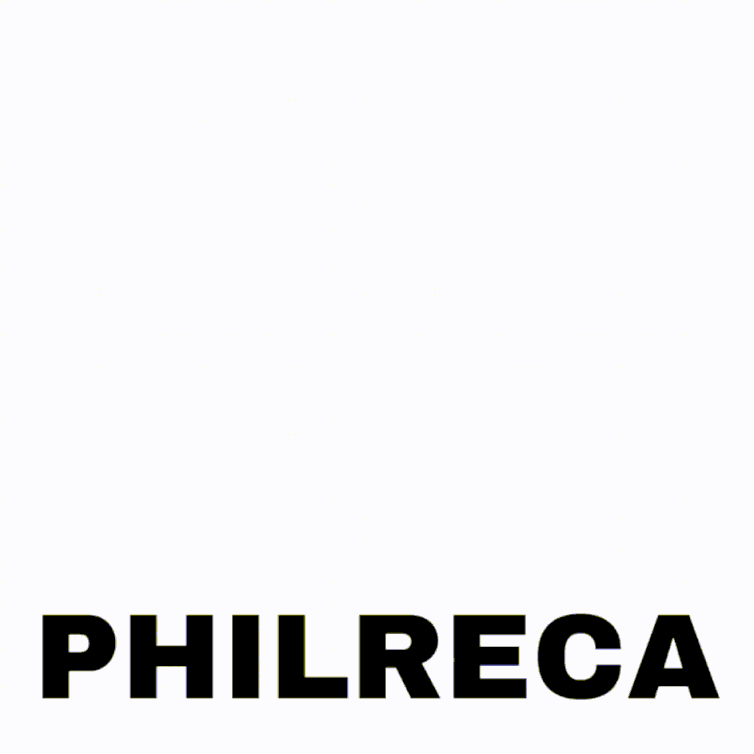Working: 8.00am - 5.00pm
Working: 8.00am - 5.00pm
The Philippine Rural Electric Cooperatives Association, Inc. or PHILRECA is the national organization of all the Electric Cooperatives and EC Allied Organizations in the country. For over four decades, we have advocated to empower the Electric Cooperatives as they continue their pursuit towards rural electrification while ensuring the quality, reliability, and global competitiveness of the Electric Cooperatives.
The Association is committed to providing support and assistance to its members by spearheading policy developments on the EC sector, representation to the government and other energy government agencies, facilitating capacity-building trainings, webinars, and conventions, and strengthening relations with energy stakeholders.
With the new industry developments and challenges, PHILRECA endeavors to continue protecting the rights and interests of its member-Electric Cooperatives, their member-consumer-owners, and EC Allied Organizations.

With the beginning of the Rural Electrification Program in the late 1960s and the need for an organization that can extend the necessary assistance to the Electric Cooperatives similar to that of the National Rural Electric Cooperative Association (NRECA) in the U.S.A., the National Electrification Administration (NEA) strongly advised the cooperative leaders “to federate, face the challenges and fight for the co-ops’ survival and development as private organizations.”
In 1979, the Federation of Electric Cooperatives of the Philippines (FECOPHIL now PHILRECA) was formally organized to serve as the representative voice of the country’s Electric Cooperatives. It was also the watchdog of the implementors of the rural electrification program and the consumer-members they serve.
Aside from the representations made in the legislative hearings, conferences, and other functions, FECOPHIL also assisted the co-ops in their technical and institutional development. It continuously conducted training programs, seminars, and other activities consistent with its mandate of ensuring ECs’ capacity building.
FECOPHIL’s activities were not limited to facing domestic problems. It also strengthened its ties with the NRECA, paving the way for the local co-op officials to observe the rural electrification program in the U.S.A. and to allow them to attend the NRECA annual conventions. As associate member of the Volunteers Cooperative Association (VOCA), FECOPHIL availed itself, for some time, of the free services of American consultants who helped in setting long-range programs designed to benefit the co-ops and their member-consumers.
FECOPHIL’s presence took out most of the fire in the enemies’ continuing destabilization drive to gain control of the power industry.
The year 1990 marked a significant transformation and emergence of a new image for the national organization that officially represents the Electric Cooperatives operating in the country. After eleven years of existence, FECOPHIL adopted a new corporate name and henceforth came to be known as the Philippine Rural Electric Cooperatives Association, Inc. (PHILRECA). The cross-over required a redirecting or reformatting of the thrusts and objectives of the Association as PHILRECA began the process of establishing a fresh identity.
Motivated by its paramount concern to render developmental assistance in the form of concrete and beneficial services to its member-electric cooperatives, PHILRECA embarked on integrated programs designed to adequately respond to the varied needs and often critical demands of the ECs in their continuing effort to achieve institutional viability and optimum service efficiency. To realize this, the Association closely collaborated with the NEA, the ECs’ external funding source which exercised supervision and control over their operations. On August 7, 1990, a Memorandum of Cooperation was reached which spelled out specific programs of assistance to the ECs such as Policy Research and Promotion Program, Organization and Management Development Program, Joint Venture Program, and Information, Education and Communication Development Program.
Among developing countries worldwide, the successful implementation of an extensive rural electrification program had been a major concern in the promotion of agriculture and the dispersal of industries that would sustain growing economies. In the Philippines, rural electrification fueled economic activities resulting to improved standards of living in the rural areas. Rural electrification also helped address the increasing energy demands of growing population. In the course of program implementation, various systems and technologies had been developed that enhanced existing know-how and capabilities in the management and operation of rural power distribution utilities. It was in this context that the 1992 International Convention on Rural Electrification was conceived. It was focused on the developmental aspect of rural electrification using the Philippine experience as model. Said convention was jointly conducted by PHILRECA and NEA at the Westin Philippine Plaza with the theme: “Rural Electrification in the 90s: A Catalyst for International Cooperation and Development.” A turn-out of 174 foreign delegates from 36 countries reflects the success of such activity.
To empower member-electric cooperatives and allied organizations through the advancement of policy advocacy;
To accelerate the improvement and development of each member-ECs institutional capacity;
To ensure harmonious relationship between and among electric cooperatives, allied organizations, government regulatory agencies, and other stakeholders; and
To be a leading provider of energy- and electrification-related data for public and private consumption.
A pro-active, dynamic, and resilient PHILRECA that is an advocate of the rural electrification program and sustainable development through united allied organizations, globally competitive Electric Cooperatives, and empowered member-consumer-owners.
Rural Electrification as Key to Sustainable Rural Development
Empowering the Member-Consumer-Owners of Electric Cooperatives
Vanguard and Defender of Electric Cooperatives’ Sustainability and Existence
Frontliners in Policy Advocacies for Rural Electrification
Institutionalize the Networking and Linkages between the EC-MCO Movement and Pertinent Government and Non-Government Organizations/Agencies
Ensure that MCOs are Properly Informed of Issues that Matter to Them
Ensure that PHILRECA will be a Powerful and a Force to Reckon as a Movement of Electric Consumers in General, and Rural Energy Consumers in Particular